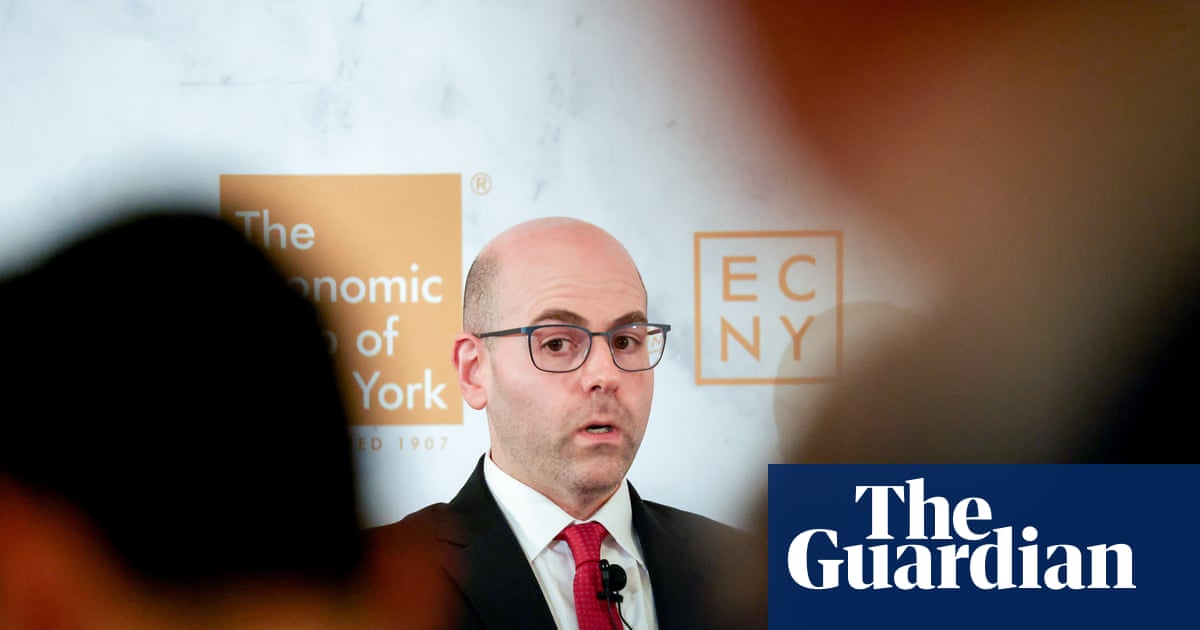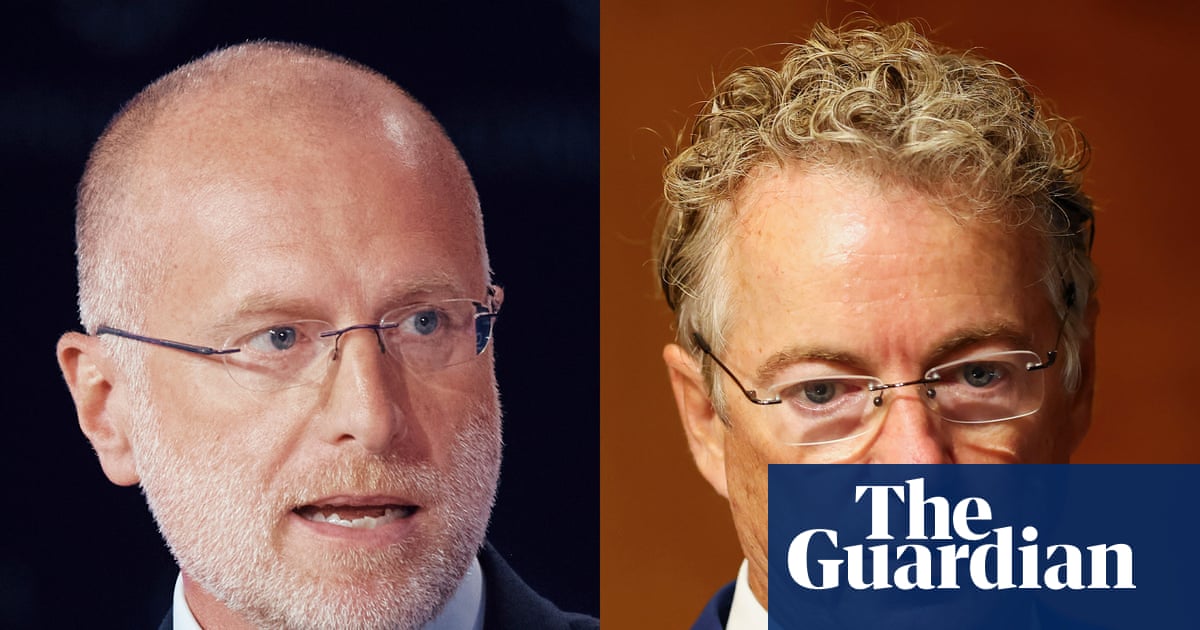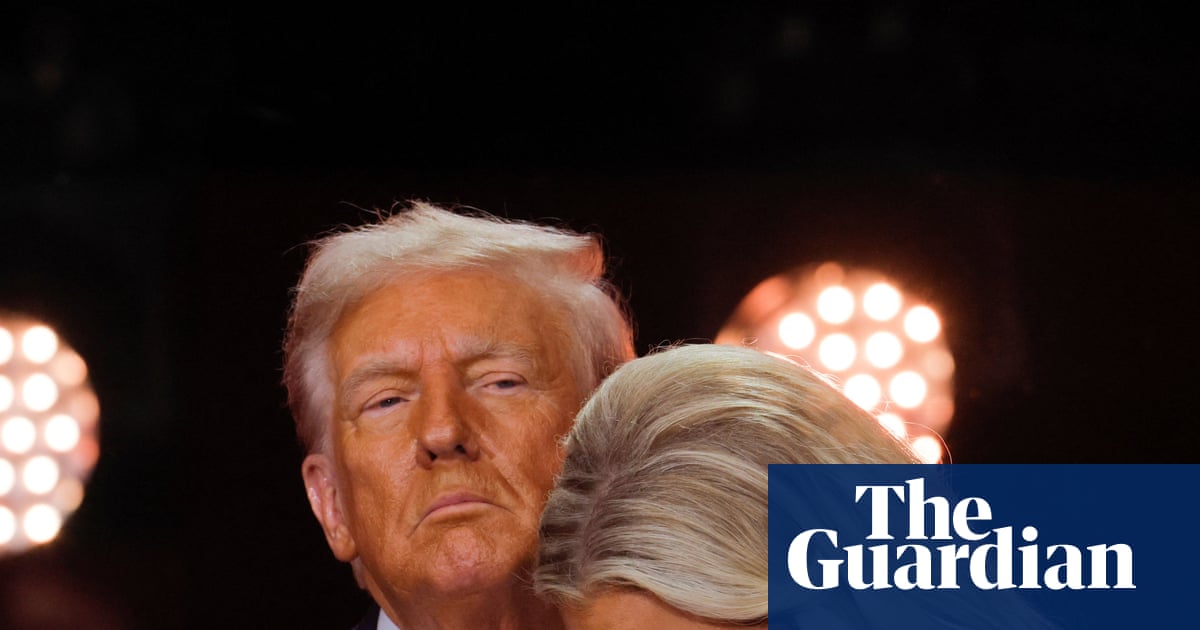WASHINGTON (AP) — President Donald Trump's appointee to the Federal Reserve's Board of Governors said Monday that the central bank's key interest rate should be much lower than its current 4.1% level, staking out a position far different than his colleagues.
Stephen Miran, who is also a top economic adviser to Trump, said in remarks to the Economic Club of New York that sharp declines in immigration, rising tariff revenue, and an aging population all suggest that the Fed's rate should be closer to 2.5% instead. According to projections released last week, that's almost a full percentage point lower than any of his 18 colleagues on the Fed's rate-setting committee, an unusually high divergence.
Miran's comments underscore the different perspective he brings to the Fed's deliberations over interest rate policy. His appointment has been controversial because he has kept his position as the head of the White House's Council of Economic Advisers while taking unpaid leave, raising concerns about the Fed's traditional independence from day-to-day politics.
His term on the Fed's board expires in January, and Miran has said he expects to return to the White House after that, and is keeping his position because his Fed term is so short. But he could remain on the board until a successor is appointed. There hasn't been a member of the executive branch on the Fed's board since the 1930s.
Concerns about the Fed's independence are heightened because Trump has also repeatedly attacked Chair Jerome Powell and has called for the Fed to reduce its rate to as low as 1.2%. He he is now seeking to fire Lisa Cook, a Fed governor, who has fought her removal in the courts. It is the first time that a president has tried to fire a Fed governor.
So far, courts have ruled that Cook can keep her job while her suit seeking to overturn her firing is considered. The Trump administration has appealed that ruling to the Supreme Court.
During a question and answer session Monday, Miran said he would operate independently, and that Trump had not pushed him to follow any specific policy.
“At the end of the day, I make my own analysis based on my own understanding of economics and how the economy works,” Miran said. In his conversations with Trump, the president "never asked me to set policy in a specific way.”
In his speech, Miran said, “it should be clear that my view of appropriate monetary policy diverges from those of other" members of the committee. “I view policy as very restrictive,” he added, meaning that it is holding back the economy and “poses material risks” to the Fed's congressional mandate of seeking maximum employment.
Miran said that fewer immigrants should free up more housing and lower rental costs, reducing inflationary pressures. And tariff revenues — which may top $300 billion a year, according to Congressional Budget Office estimates — should reduce the deficit, he added. Over time, that would mean the Fed doesn't have to keep its benchmark interest rate as high as it is now to bring inflation down.

 German (DE)
German (DE)  English (US)
English (US)  Spanish (ES)
Spanish (ES)  French (FR)
French (FR)  Hindi (IN)
Hindi (IN)  Italian (IT)
Italian (IT)  Russian (RU)
Russian (RU) 























Comments